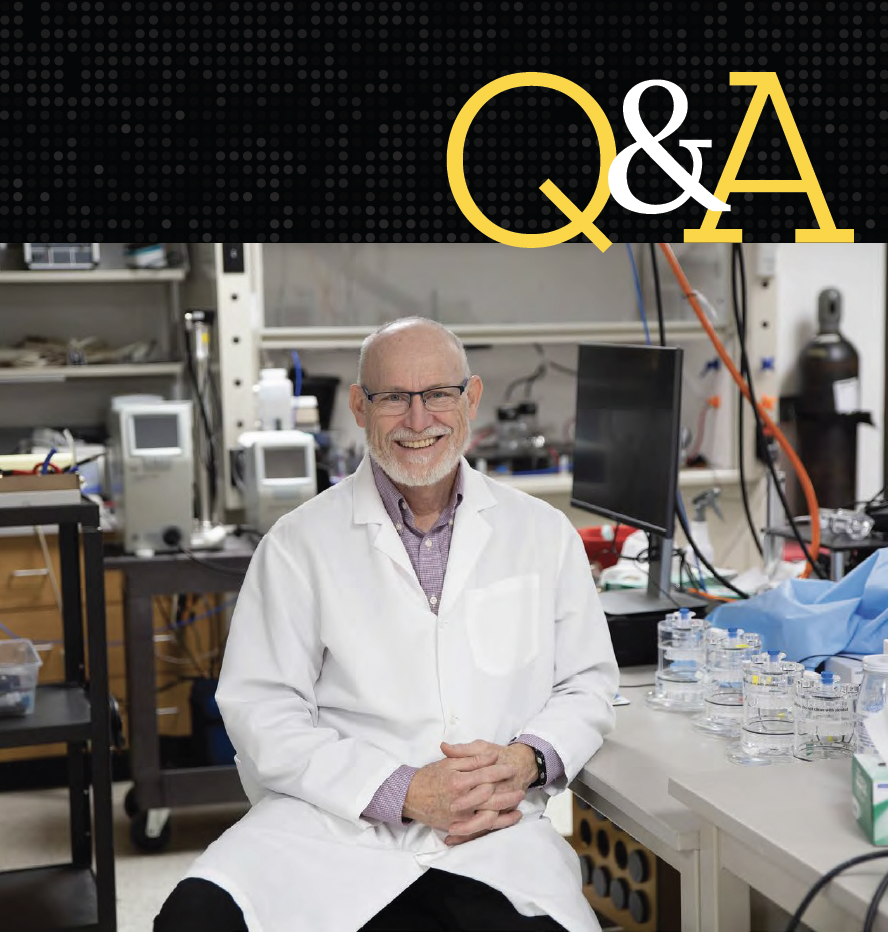EHSRC Deputy Director, Dr. Peter Thorne, was featured in the Fall 2021 edition of the College of Public Health Magazine, InSight. He talked with CPH Communications Director, Dan McMillan, about the challenges of Climate Change. View a PDF of the interview by clicking on the image below.



